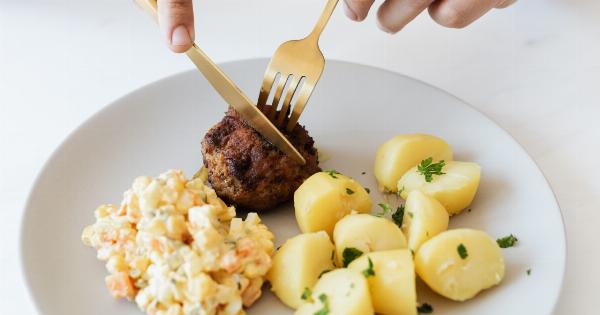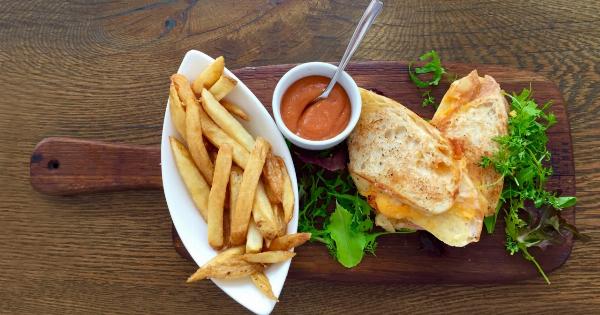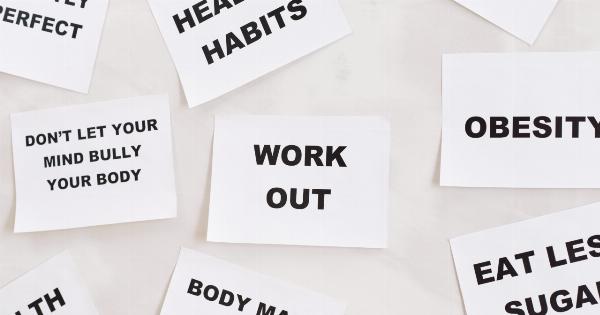Lent is a period of 40 days of fasting, sacrifice and self-discipline observed by Catholic and some other Christian denominations in the buildup to Easter. The period starts on Ash Wednesday, and ends on Holy Saturday.
During Lent, believers are expected to reduce their consumption of food and drinks as a way of remembering the sacrifices made by Jesus Christ. This article provides some tips on how to manage your diet during Lent.
Set Goals
The very first thing you should do if you want to manage your diet during Lent is to set goals. Decide on what you want to achieve during Lent.
Do you want to lose weight? Do you want to become more disciplined? Do you want to eat healthier? When you set goals, it will be easier for you to stick to your diet plan because you have a target in mind.
Plan your meals
Planning your meals is very important when it comes to managing your diet during Lent. Instead of just eating whatever you find in the refrigerator, plan your meals ahead of time. You can schedule your meals for the week or the whole Lent period.
Having a meal plan will help you avoid impulsive eating or indulging in unhealthy foods.
Choose your foods carefully
When choosing what to eat during Lent, it is important to be mindful of your health. Choose foods that are nutritious and healthy. Eat more fruits, vegetables, and whole grains.
Avoid processed and junk food that are high in sugar, saturated fats, and cholesterol. Also, consider the foods that you are giving up for Lent, such as meat or dairy products, and make sure that the substitutes you choose are healthy and well-balanced.
Stay hydrated
Drinking enough water is crucial for your overall health and well-being. During Lent, it is important to stay hydrated, especially if you are fasting or giving up certain foods. Drink at least 8 glasses of water a day.
You can also drink other fluids such as tea or juice. Avoid sugary drinks and alcohol.
Portion control
Portion control is an important aspect of managing your diet during Lent. Instead of having large meals, try to eat smaller portions several times a day. This will help you control your appetite and avoid overeating.
Use smaller plates and avoid second servings.
Don’t skip meals
Skipping meals is never a good idea, especially during Lent. When you skip meals, you are most likely to overeat during your next meal. It is also not healthy for your body. Instead, try to have regular meals throughout the day.
If you are fasting, make sure that you eat a balanced meal before and after the fast.
Snack smart
Snacking can be good or bad for your diet. When you snack, choose healthy foods such as fruits, nuts, or vegetables. Avoid snacks that are high in calories and unhealthy such as chips and sweets.
Also, be mindful of the quantity of snacks you consume during Lent.
Get support
It’s always easier to stick to a diet plan when you have support. Tell your family and friends about your diet and ask for their support.
You can also join a Lenten support group or an online forum to share your experiences with others who are observing Lent.
Stay Motivated
Lastly, it is important to stay motivated during Lent. Remember your goals and the reasons why you decided to observe Lent. Celebrate your small achievements and don’t be too hard on yourself if you slip up.
Keep your eye on the end goal and stay committed to your diet plan.
Conclusion
Managing your diet during Lent is not an easy task, but with the right strategies, you can stick to your diet plan and achieve your goals. Remember to plan your meals, choose your food wisely, stay hydrated, practice portion control, and get support.
And most importantly, stay motivated and committed. Happy Lent!.




























